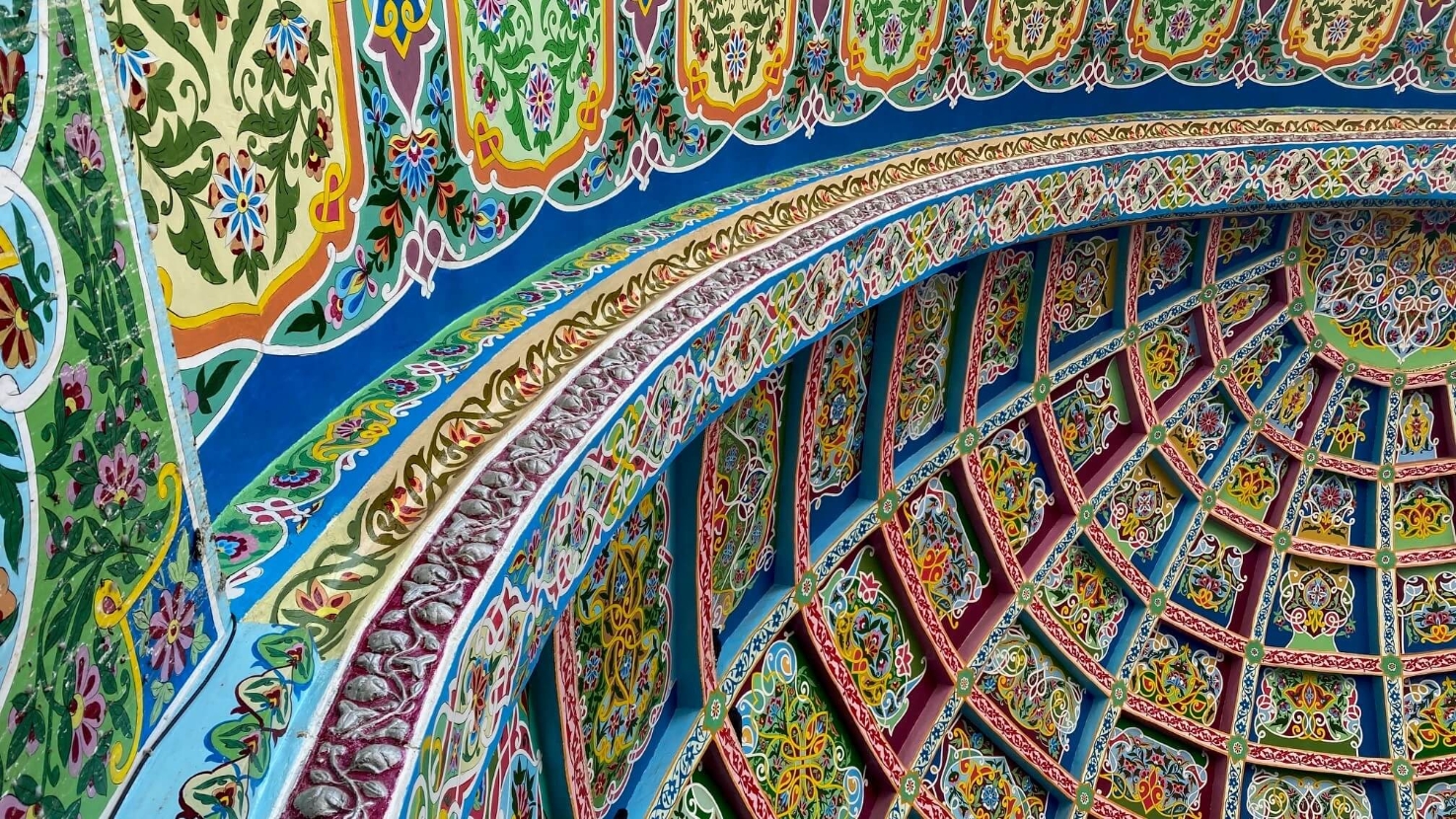Frustration with the corona restrictions resulted in Intercultural Harvest: "This publication is surrounded by a special spirit”
In a recent Laurea publication, authors from six different countries share their personal experiences and feelings of encounters between cultures

Authors from Finland, Tajikistan, Japan, Brazil, Romania and France share their experiences of intercultural encounters in a publication named Intercultural Harvest. The recent Laurea publication was a way of continuing international cooperation despite the challenging global situation.
Head editor Elina Wainio is a senior lecturer and coordinator of student exchange at Laurea. The idea for the publication was born last summer out of frustration with the corona situation, travel restrictions and the fact that international projects were placed on hold.
- I'm always full of ideas. Last summer, I thought there had to be some way to continue international cooperation despite the corona restrictions, Elina says.
- The origin of the publication was the idea that everyone would travel back to their memories, sharing their experiences which would bring us together from different countries.
At the beginning of the project, Elina promised to provide mental support to the authors and to help them in the process as much as possible. She noticed that the writing process deepened contacts with many of the colleagues involved.
- There was a feeling of being a writers’ community. I believe that this publication is surrounded by a special spirit, Elina says.
International cooperation despite restrictions
One of the authors of the publication, Márcia Agostini Ribeiro from Brazil, also found that the impact of the pandemic was challenging in her work. She works in U.Experience, a Brazilian higher education network that develops internationalisation processes.
- While the pandemic hit the internationalisation processes hard, on the other hand it came with a lot of opportunities. One of them was this great network of friends from all over the world, Márcia says.
- The writing process was important to me for two reasons. It helped me to organise my ideas and actions in the middle of a "hurricane". On a personal level, it helped me to get back to writing.
Both Márcia and Elina think that the significance of the publication lies in adapting to a challenging situation with less encounters between cultures.
- We can start creating the new normal, Elina summarises.
- This is an example of how we can keep on going with these intercultural processes without meeting each other. It is really important to see other perspectives, Márcia says.
Experiences gaining new value
While Márcia wrote from the perspective of higher education institutions in the publication, Janica Virkkunen, who graduated from Laurea with a Bachelor of Business Administration degree in security studies, wrote an article on her own experiences.
- During the last work placement period of my studies, I was doing voluntary work in Kenya, and the article I wrote was based on this period. The article was a good way to process the experience, ideas, and emotions.
- It was a great honour to be included in this publication. It is great that the project and story will be heard, Janica says, rejoicing.
Janica believes that the publication will bring different cultures and intercultural experiences into an easily approachable form, as the stories spring up from the people's own community and network:
- I think that for many of the authors, at least for myself in a very strong way, this was a way of adding new value to the experience and the journey that we have been through.
Head editor Elina Wainio says that she was surprised at how readily the authors joined the project. She believes that, in addition to emphasising communality and international cooperation, the publication offered both more experienced authors and students an opportunity for personal development.
- The journey that the writers makes within themselves must be a significant one, Elina says.
Read the articles by Márcia, Janica and others in the Intercultural Harvest publication on Theseus.
More information:
- Elina Wainio
- Senior Lecturer
- Elina.Wainio@laurea.fi
- Tel (09) 8868 7923